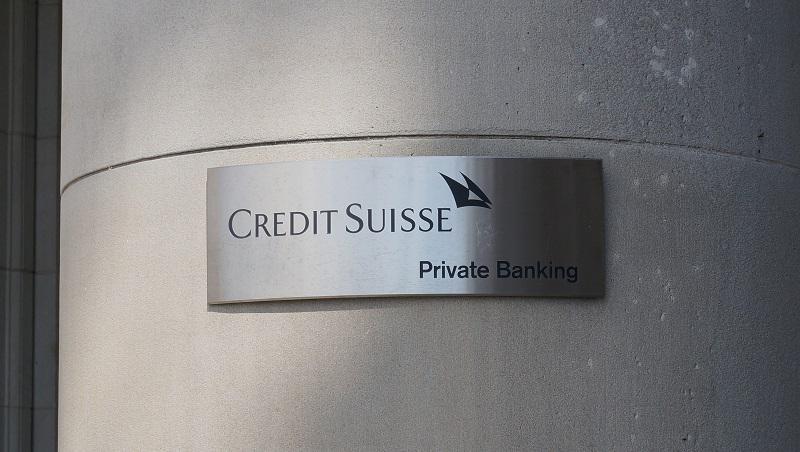Strengthen Measures against Offshore Tax Evasion — Don’t Repeal Them
The offshore tax haven lobby is out in force this month — kicking off a media and lobbying blitz against the Foreign Account Tax Compliance Act (FATCA), a sensible transparency measure to ferret out offshore tax evaders.
The Wall Street Journal editorial board completely misconstrues FATCA as government overreach in its March 2nd editorial, “My Big Fatca IRS”. The Journal writes:
“Almost since the Foreign Account Tax Compliance Act (Fatca) became law in 2010 to go after fat cats stashing money abroad, these pages have reported that it has led the IRS to treat law-abiding Americans as criminals…
“With the GOP controlling Congress and White House, the time is ripe for Republicans to make good on their pledge and give Fatca the heave-ho.”
The Journal’s editorial was echoed last week by several pro-tax haven groups in a letter to lawmakers. The editorial and the letter are off-base.
FATCA is a sensible transparency initiative — adopted in 2010 with overwhelmingly bipartisan support (70 to 28) — which, while modest in scope, began a global movement to protect honest taxpayers from those who shirk their civic responsibilities.
To clarify, FACTA adds no additional burdens on U.S. taxpayers. It does not change the amount of tax owed nor create any new liability. It simply helps to prevent cheating. Just as Wells Fargo files a 1099 with the IRS on my domestic bank accounts each year, FATCA merely tells foreign banks to share similar information on U.S. citizens with offshore accounts. This means that if a U.S. citizen tries to illegally hide money in an offshore bank account to evade taxes, they’re more likely to get caught.
Tax dodging is a serious problem. Offshore tax evasion by individuals is estimated to cost law-abiding taxpayers between $35 billion and $70 billion per year. Surely, the WSJ doesn’t believe in letting wealthy tax cheats hide offshore, while the rest of us must pay full freight?
This measured policy sparked a global transformation in how the world deals with offshore tax havens. European countries quickly initiated a form of tax transparency based on FATCA, and — within a few years — the world has passed us by. At least 100 other countries have since committed to even broader transparency measures modeled on FATCA. The notion that FATCA somehow disadvantages American citizens abroad is simply inaccurate.
If the tax haven lobby and The Wall Street Journal believe that wealthy citizens are paying too much in taxes, then we should have an honest discussion about the tax rate. However, once we set a rate, people should pay what they owe.
In the meantime, we should be strengthening measures to expose those skirting their responsibilities, not weakening them.
Clark Gascoigne is the deputy director of the FACT Coalition.

